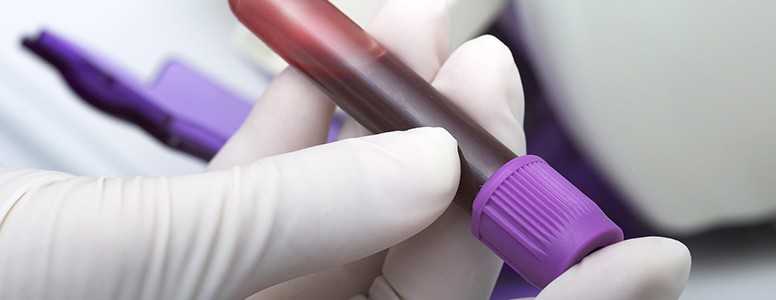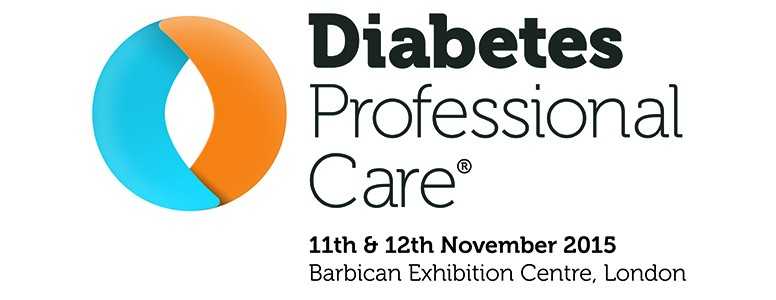A blood test that can measure fatty acids could help identify healthy people that have prediabetes, according to new research.
Scientists at the University of Hawaii conducted a study involving 452 participants, based on four separate cohorts. Healthy and unhealthy obese individuals were monitored to assess their likelihood of developing type 2 diabetes for up to 10 years.
In two other studies, the therapeutic effects were monitored in subjects who received metabolic surgery and adopted a very low-carbohydrate diet for eight weeks.
Fatty acid levels were significantly elevated in subjects who were overweight or obese and had type 2 diabetes compared to healthy subjects.
A particular group of unsaturated fatty acids were closely correlated with the metabolic status of two groups of obese individuals who underwent weight loss intervention. This group of fatty acids could predict the recurrence of diabetes at two years following metabolic surgery.
The researchers reported that unsaturated fatty acid markers can identify prediabetes long before conventional methods. Levels of fatty acids can change up to 10 years before an individual is diagnosed with type 2 diabetes.
When these markers are tested through a blood sample, the researchers believe it could predict how likely an individual is to have prediabetes and metabolic syndrome. Metabolic syndrome is a combination of diabetes, high blood pressure and obesity.
Dr. Wei Jia director of the UH Cancer Centre’s Metabolomics Shared Resources Program, said: “Currently there are no clinical tests that tell you the likelihood of developing diabetes, only exams that tell you for example if someone that is pre-diabetic has relatively high blood sugar or insulin levels.
“To know if you are likely to get diabetes in a few years is an important discovery. People can hopefully get tested for the disease during physical exams in the future.”
The study was published in the online journal EBioMedicine.
What's new on the forum? ⭐️
Get our free newsletters
Stay up to date with the latest news, research and breakthroughs.


